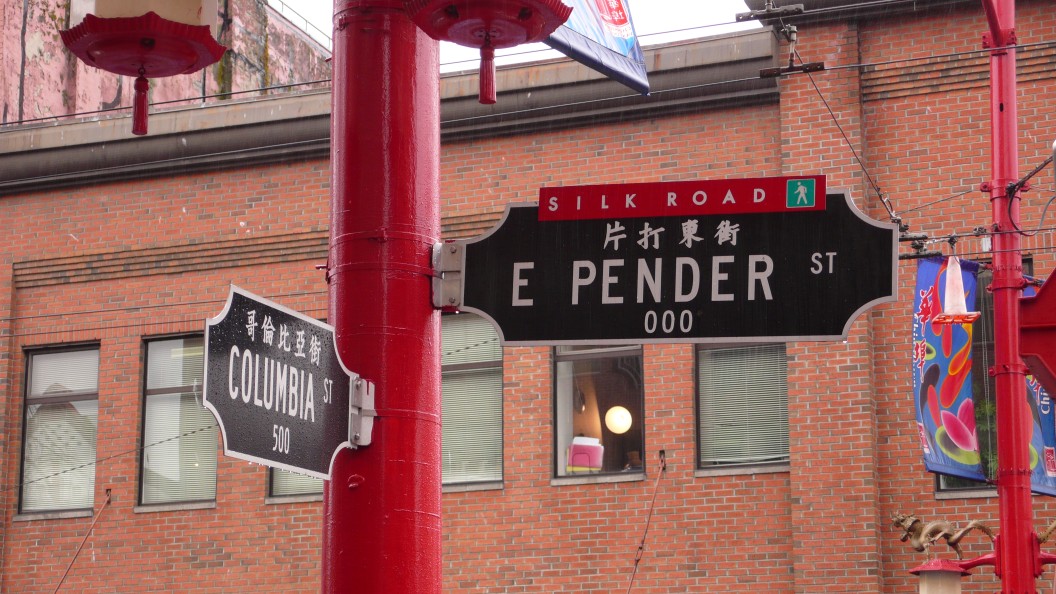Cocaine, gambling, and ghosts:
a day in the life of Hong Kong’s overloaded social workers
In Hong Kong's sprawling North District, superstition and social stigma hamper efforts to tackle mental illness, and the lack of space for counselling makes matters worse for staff with heavy caseloads
Monday, 29 August, 2016
Ms Ng was considered lucky in the factory where she worked in Sichuan. The quality assurance manager – a suave man from Hong Kong – fell for her and moved Ng to the city. It was a dream come true, until he became addicted to gambling and cocaine. He was losing HK$200,000 a month and his psychosis was getting out of control. He began hitting Ng, then she began to think about killing him. One day, losing his grip on reality, he took a knife to their three-year-old son’s neck.
In Hong Kong’s North District, the story of Ng (not her real name) isn’t an uncommon one. She’s one of social worker Tammy Tam’s 80 active cases. Tam – with 12 other social workers – works for the district’s only government-funded outpatient centre for mental health. There’s at least one in every district, and sprawling North District – covering Fanling, Sheung Shui and the border villages – is the only district with no space for counselling. Instead, social workers have only an office for doing paperwork.
“We borrow space from other NGOs and the Social Welfare Department, but most of our intervention takes place in clients’ homes,” says Brian Chau, one of the social workers. “In extreme cases, counselling happens in open areas – like in a restaurant or the park – but there, we can’t protect their confidentiality.”
North District is the home of many new migrants from China, like Ng. They can experience serious problems adjusting to the city – the language barrier and small spaces, which often contribute to mood disorders – and social workers’ caseloads have increased to anywhere from 80 to 120. The Social Welfare Department recommends a local social worker’s caseload should be about 40. And because they have to travel to see clients, they can only schedule in two or three clients each day.
Another challenge for social workers in the less developed North District is that Chinese culture can still be very traditional, and stigmatisation runs deep. “Everyone knows each other in the villages and rural areas,” says Christine Cheuk, the office’s head social worker. “If you have a mentally ill patient at home, everyone will know, so they won’t go to see a doctor. Stigmatisation is from the outside and also from the patient.”
Others in the villages blame mental illnesses on apparitions.
“Because of traditional Chinese culture, they think that mental illness is actually the work of ghosts – especially in areas with temples and trees,” says social worker Alex Ho. Cheuk says that in such cases, social workers must persuade younger relatives with better education to intervene, but this doesn’t always work. That’s when a social worker has to turn to Form 123: compulsory hospital admission. Ho says they must involve the police and an ambulance.

For 57-year-old Sue (not her real name), her depression and anxiety resulted from the pressure of a traditional Chinese mindset. When she gave birth to her son, who had a severe intellectual disability, her family and community ostracised her. She withdrew from human interaction until she became mentally ill.
“When my relatives visited, I found they didn’t like my son,” Sue says. “My parents advised me not to put too much effort into raising my son. They saw a fortune-teller, who said he’d die before 10 years old.”
Sue’s husband ignored his son’s intellectual disability, but if he became angry, he’d blame trivial problems on her, Sue says. He also pushed her into having another child so that he could have a “perfect” son. When Sue gave birth to a girl, her husband stopped paying attention to her.
“Taking care of my son, I lost myself, and I didn’t know how to find myself until I was diagnosed with depression,” says Sue. “I felt useless. During those years, I hid myself.”
But she’s made progress in the past few years. Sue’s caseworker, June Sze To, says that through medication and therapy, she’s been able to tackle her low self-confidence. “She’s from a Hong Kong rural village, where you’re taught that when you’re young, you obey your father; when you get married, you obey your husband; and when you get old, you obey your son,” she says.
Cheuk says a big trend her social workers see in North District is the number of new women migrants from China facing marital problems and dealing with the fallout. Sadly, their children step in as caretakers when they develop mental illnesses, parenting their own parents. This situation rings true for Ng, who is now beginning to recover from the terrifying ordeal at the hands of her abusive husband.
Hong Kong was never easy for Ng. On arrival she spent six months trying to learn Cantonese by watching television. Working as a part-time waitress, her customers made fun of her accent. She couldn’t get used to the tiny spaces – especially the room in the public flat where she lives. After her husband threatened to kill her son with a knife, she filed for divorce and became not only a single mother but also a hardened alcoholic.

After her divorce, Ng’s father died. She began drinking 10 cans of beer every day while her son was at school. She started receiving Comprehensive Social Security Assistance (CSSA) to support herself.
“When my son entered primary school, I would drink in front of him. I was addicted to alcohol – I wasn’t aware of his presence,” she says.
Ng has now cut down to two or three cans a day, and not always every day. She reached out to a social worker after her sister-in-law suggested her husband find help for his drug problem, and now, years later, Tam counsels her in her flat. Ng works as a part-time cleaner and cares for her son.
“The biggest challenge in raising my son is taking sole responsibility,” Ng says. “I need to accept that I must adjust to Hong Kong – it’s already reality.” Her hope for the future is to support her son through a degree programme, and to travel the world in her retirement – but most importantly, she says, she wants others to know that suicide isn’t the way out.
Cheuk admits that counselling services would be better in the district for patients like Ng if they had a dedicated space. But the stigma around mental illness will stymie the process for at least a decade, she says, because there’s just too much resistance from the community in North District.
“And we’re blessed that we have a psychiatric nurse and an occupational therapist, but we still have two vacancies for social workers,” Cheuk says. “It’s difficult to hire social workers with mental health training.”
In Hong Kong, mental health training for social workers is only offered in graduate school.
“Hong Kong is behind with social service,” Cheuk says. “We don’t have a psychiatrist with us. Medical settings and social welfare settings are two different things – it’s quite weird.”
The number of cases is also rising in the district because of men who’ve lost their jobs. They rarely consult social workers for help for fear of losing face, so a family member normally approaches the social workers after the man has developed an obvious mental illness, which means any intervention comes later than it should. Social worker Karl Sham now has 120 active cases – all men.
For now, Cheuk’s team will concentrate on public education. Community-based activities that raise awareness of mental heath – like a recent run with more than 1,000 participants – may help battle social stigma and pave the way for a dedicated outpatient centre.
Until then, the social workers certainly don’t expect their caseloads to get lighter anytime soon. “There’s no waiting list for us,” Cheuk says. “We take every case promptly. We don’t have a ceiling.”
